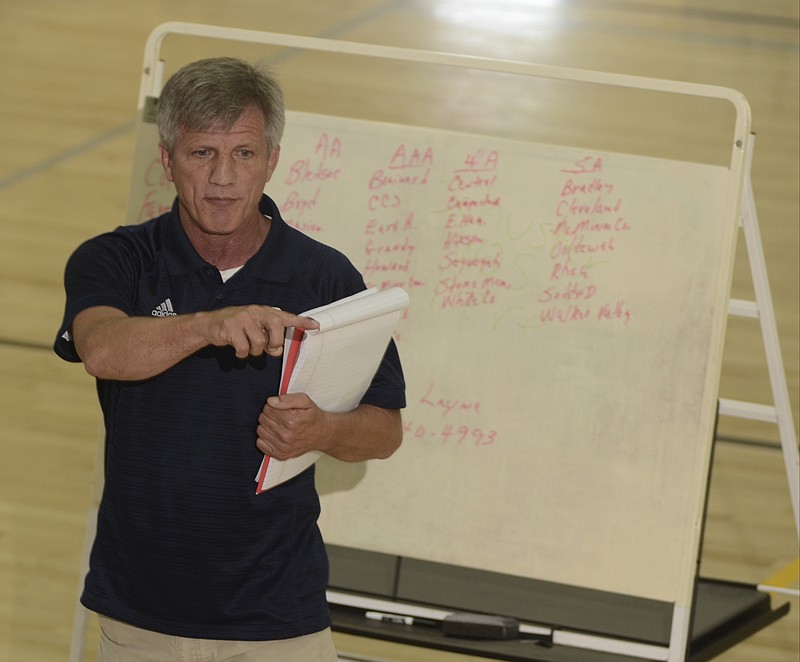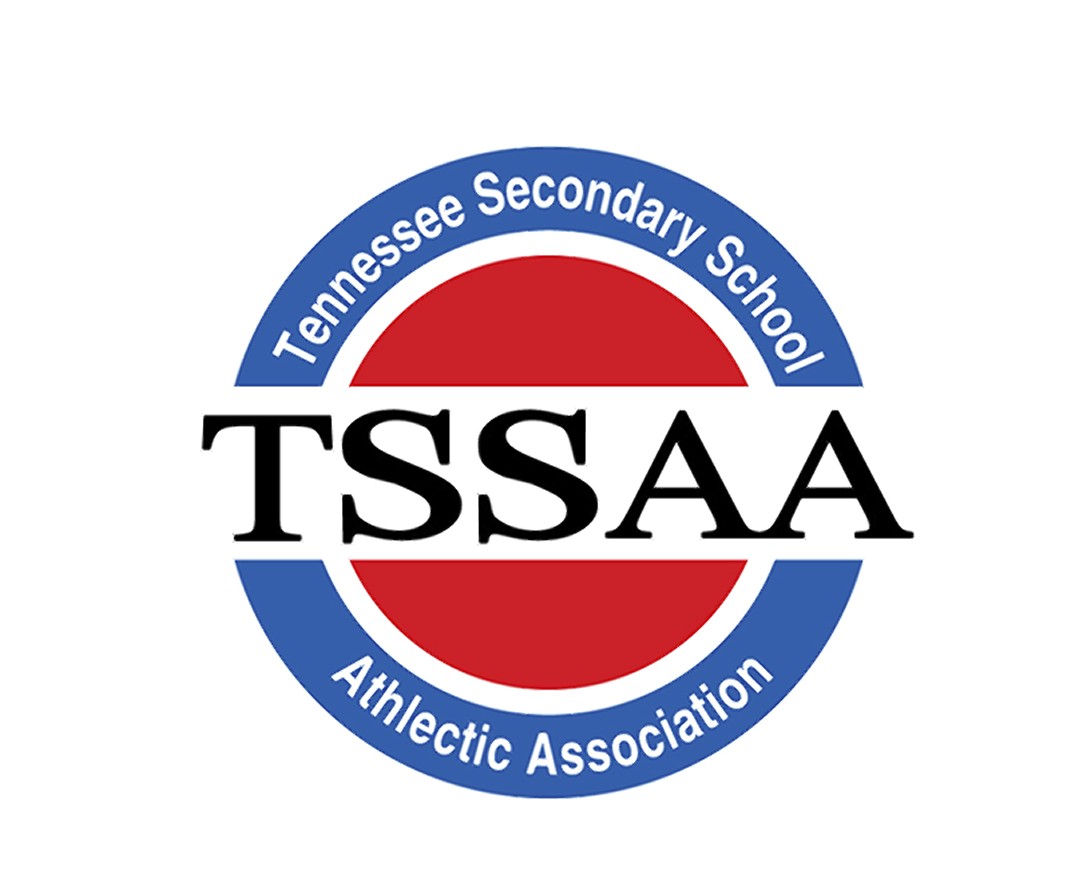As athletes and coaches throughout Tennessee continue preparing for the rapidly approaching fall athletic season, the attention of the high school sports world will be focused squarely on today's potentially historic TSSAA Legislative Council meeting.
The nine-member panel will meet this afternoon at the DoubleTree hotel in Murfreesboro to decide the decades-old debate of whether to completely split all public and private schools into separate divisions.
"It's such an important decision. Since the TSSAA has been an organization, this is one of the top three decisions to be made," said Soddy-Daisy principal Danny Gilbert, who represents the Chattanooga area on the council. "It could change the face of sports in this state.
"I've gotten quite a few calls about it, because it's the one thing coaches of every sport at every school are paying attention to."
Only four states currently divide high school sports teams based along public-private lines - Georgia, Louisiana, New Jersey and Tennessee.
The issue has come before the state's prep sports governing body numerous times, and the council has had more than a year to research, discuss and debate the latest proposal, made jointly by administrators from Lewis County and Trousdale County.
Any change would not go into effect until the next classification period, which begins with the 2017-18 school year.
Should a complete split be voted into action, it would be the third time the TSSAA has had to enforce a separation of public and private schools in the past 18 years.
Division II was created in the 1997-98 school year for schools that chose to give need-based financial aid to varsity athletes. Private schools that opted not to give financial aid were allowed to remain in the public-school division, but five years later - prompted by an outcry from the state's smaller public schools - the next step in the process came when the TSSAA implemented a multiplier for those private schools still playing in the public school division. For classification purposes, those schools had their enrollment multiplied by 1.8 - the highest rate in the nation among those states using such modifications.
Even that did not satisfy the majority of the state's public schools.
In 1997, 52 percent of TSSAA member schools supported a complete split of public and private schools. Five years later, that total was up to 70 percent, which led to the multiplier being implemented. A vote taken last summer of the state's athletic directors showed TSSAA member schools now favoring a complete split was at nearly 80 percent.
Currently 46 private schools compete against each other in D-II, while 24 other private schools, mostly in the smaller classifications, still compete in the public-school division and must tolerate having their enrollment multiplied.
"I don't think any of us know what to expect," said TSSAA executive director Bernard Childress. "We've all been through this debate enough to know that it's a tough choice no matter what. But you just never know which way the vote will go until it's done.
"The one thing I think everyone will agree on is that it's time to make a decision and move on."
Should the council opt not to make such a drastic change, among the short list of alternative solutions that could be installed would be having public and private schools compete in the same division during the regular season, then splitting them up for the playoffs.
Another possibility is giving private schools the option of discontinuing the "work study" practice of having family members work at the school in order to help pay tuition. Under that potential option, if a private school decides to continue using the work study program, it would be forced to compete in Division II, while those that eliminate the work study program could remain in D-I.
Contact Stephen Hargis at shargis@timesfreepress.com or 423-757-6293.

